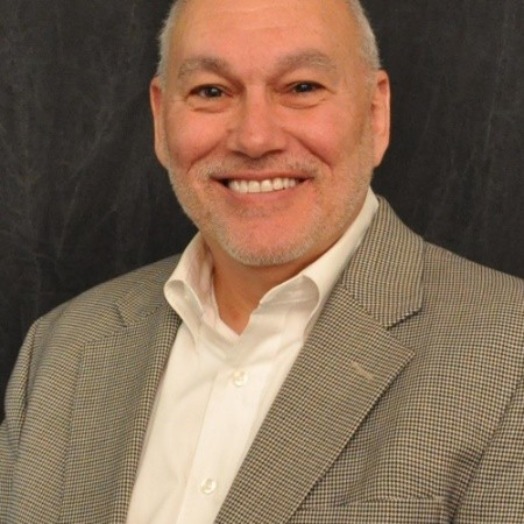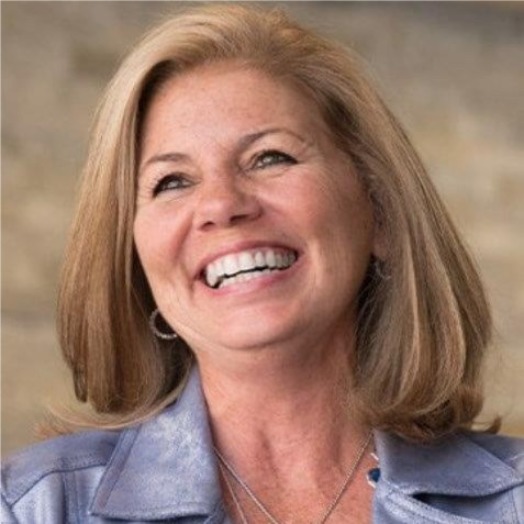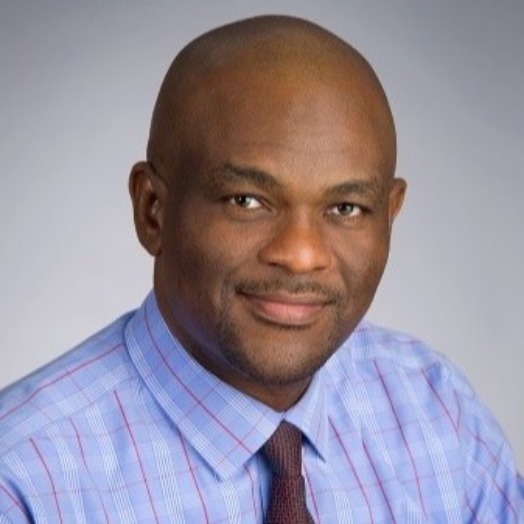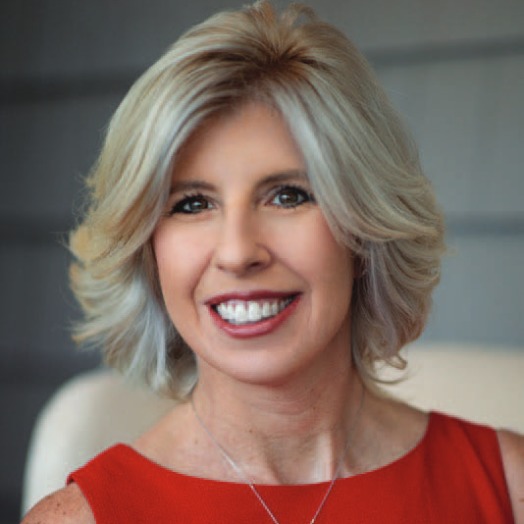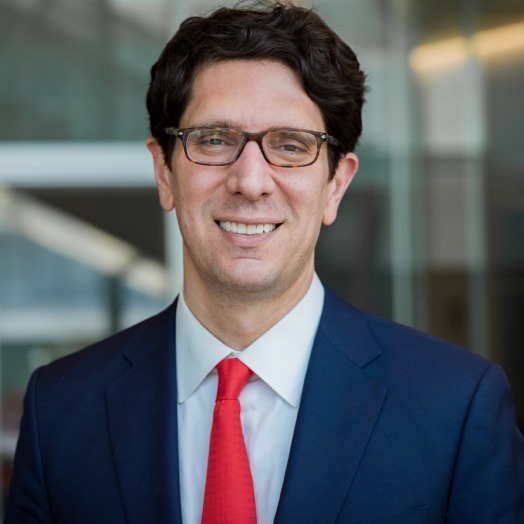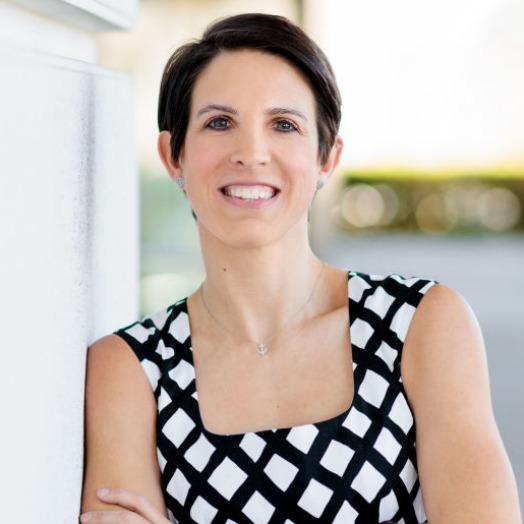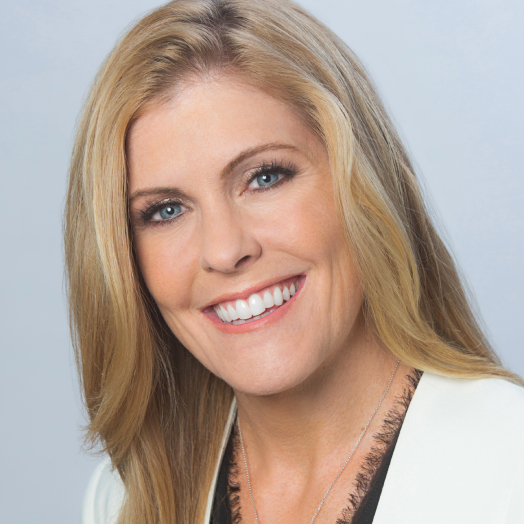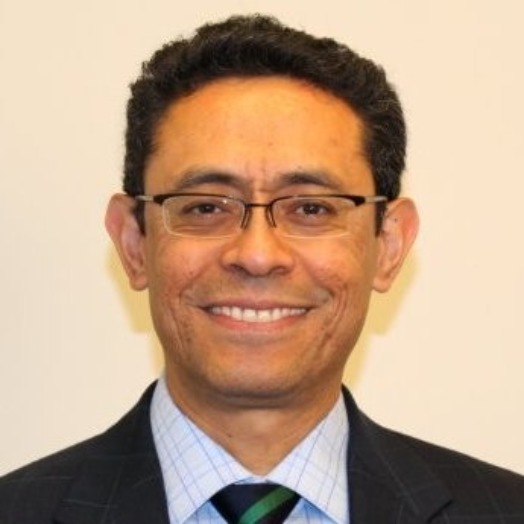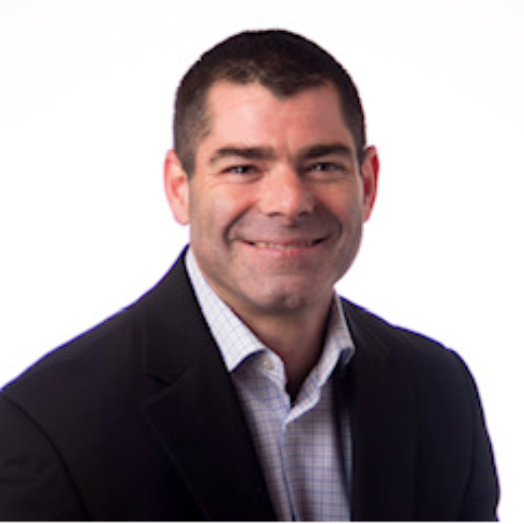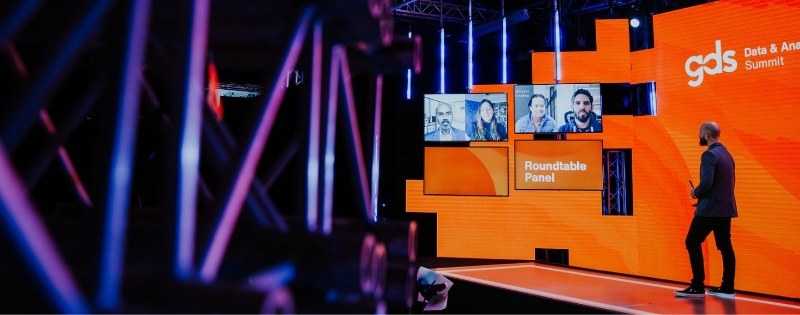











HR digital summit
New research suggests that corporate America is bracing itself for an attrition super cycle. Employees who battened down the hatches and clung to their roles are now emerging from their bunkers with a whole new perspective, expectations and value set to influence their career choices and working practices. How are companies going to retain their best people while flying a flag that attracts new recruits who appreciate the organizations authentic purpose?
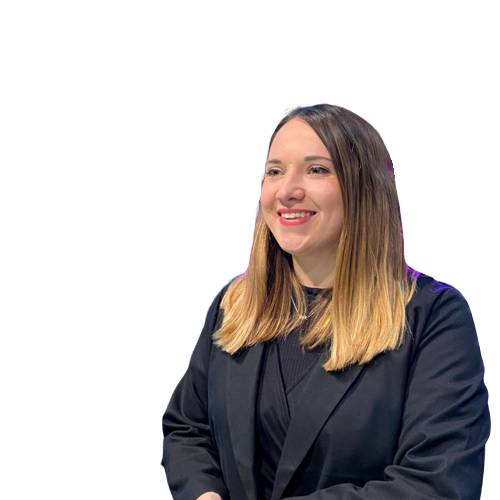
Stephanie Garey
Why Attend
New connections
Build new connections with likeminded senior leaders
Business trends
Stay current with emerging business trends
Key takeaways
Downloadable and actionable takeaways
New partnerships
Accelerate key projects through meaningful new partnerships
Insights
De-risk new projects by gaining a broad range of insights
New technologies
Understand the impact new technology can make
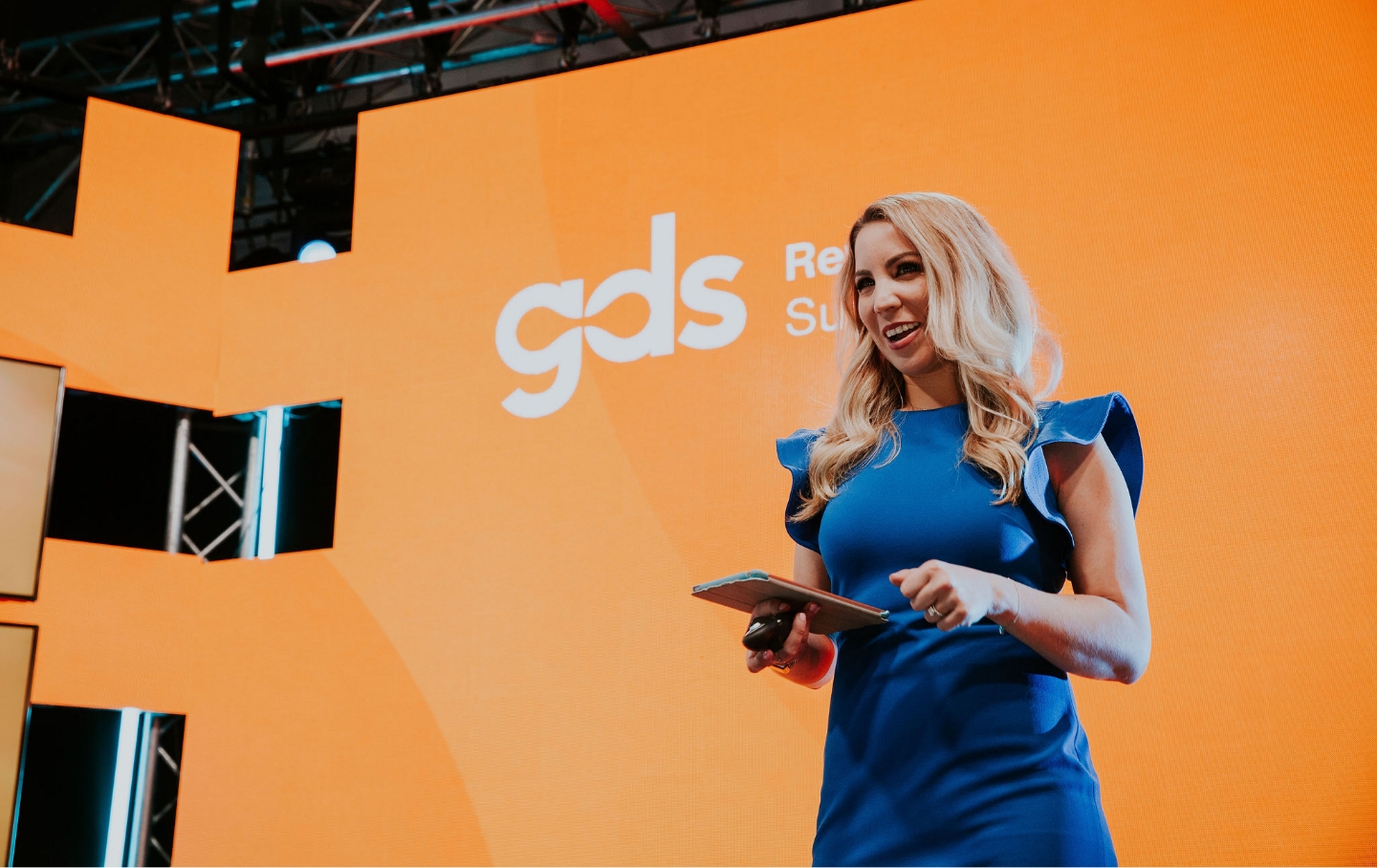










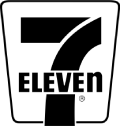


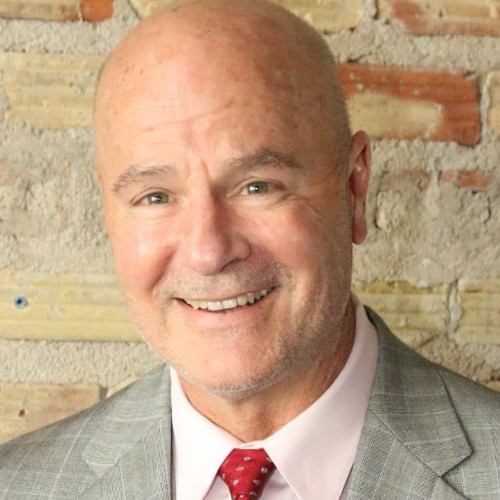


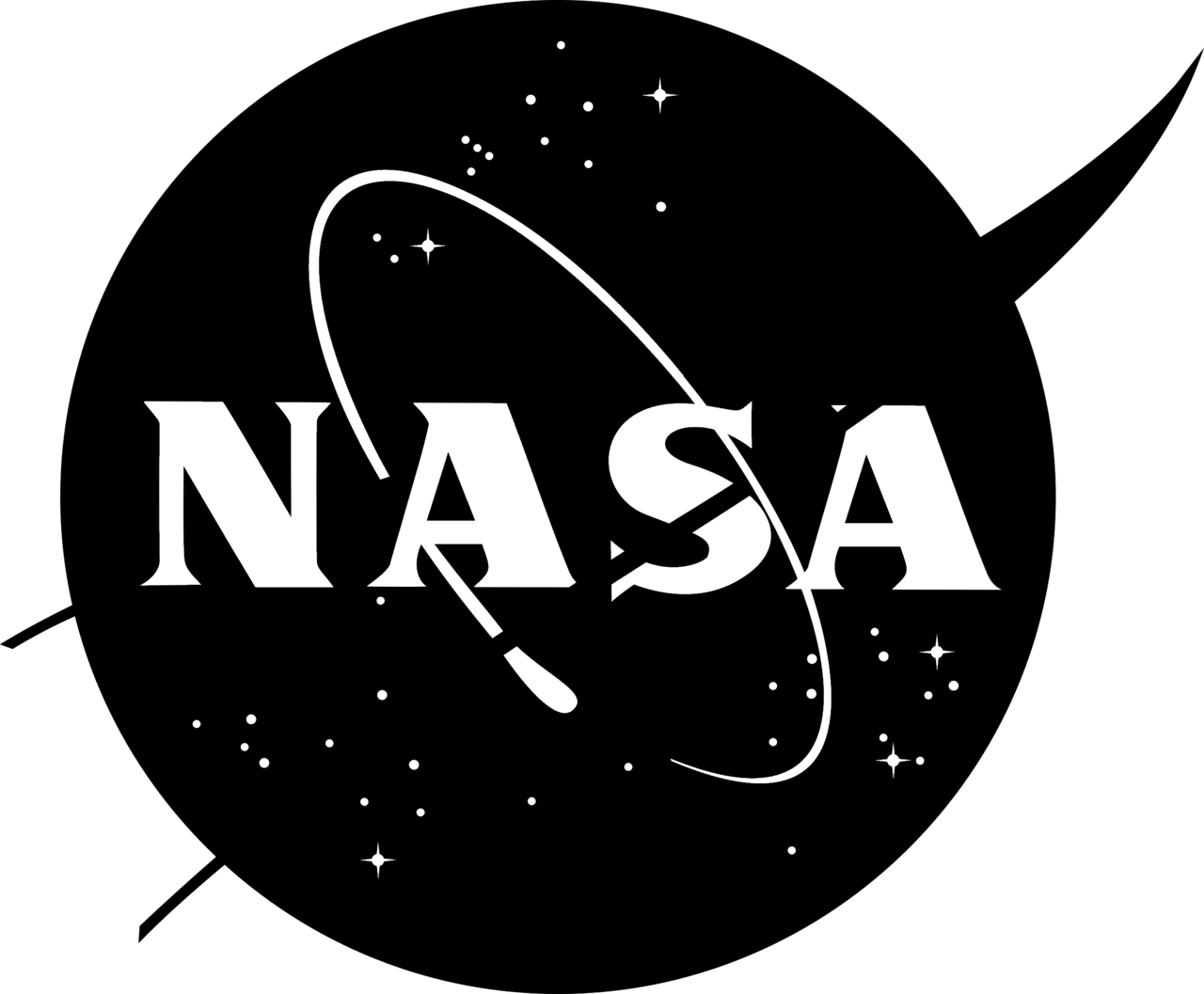
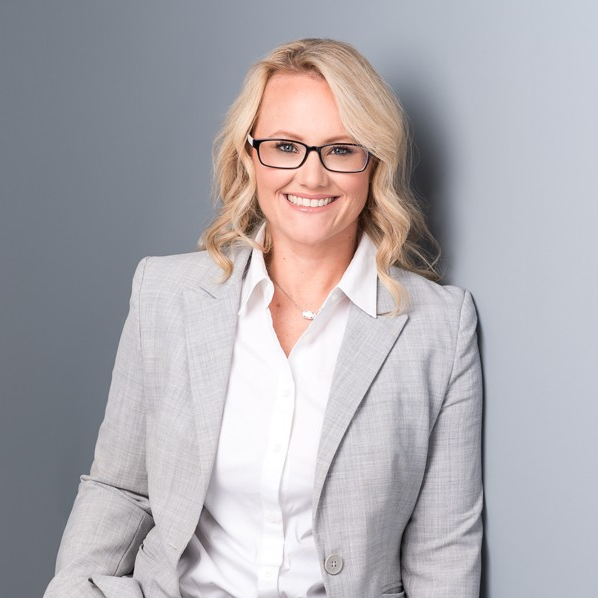
Trusted by
We host global organizations with the conversations that matter. That’s why we’re trusted by these top brands.
Past Programme
09:00 - 09:15
Opening Remarks
Intro & Diamond Commentary
09:15 - 09:45
Keynote
Measure What Matters: The DE&I Experience
09:45 - 10:25
Panel Discussion
Creating an L&D Strategy for Enterprise- Wide Transformation
In the modern workplace, increased agility and adaptability is required, and ensuring your leaders are prepared to lead through a constantly changing environment is critical to success. Companies look to the L&D function to empower people to thrive in their current roles, but also prepare them for the future. On top of that, it has been shown historically that companies that invest in employee development see greater profitability than those that don’t. As we saw in 2021, L&D teams had to pivot to implement strategies that engaged remote workers, as well as those in a hybrid working model. L&D’s role has continued to evolve since the pandemic, and that requires the function to create strategies that make inclusivity and engagement a central pillar for learning in any workplace. Join this panel to hear from several HR leaders on how they are transforming their organization through the learning and development function.
10:25 - 10:35
Insight Break
10:35 - 11:25
Roundtables
Track 1: Building a Resilient, Skilled, and Innovative Workforce
Today’s HR executives are tasked with navigating a potential economic slowdown and simultaneous hot labor market, modernizing the HR function with cutting-edge technology, improving DEI, and developing the critical workforce skills needed for long-term competitive advantage. And they’re asked to do it all while proving the value of each investment to the rest of the C-suite. Building the future of work is no small task. In this peer-to-peer discussion, we’ll explore the role that diverse rising leaders can play in solving each of these pressing HR challenges—paving the way to digital readiness, innovation, and growth.
Questions to answer in this roundtable include:
•By 2030, 30% of the workforce will be made up of people born after 1996, and everyone in the Baby Boomer generation will be 65 or older. What role should early talent play in our companies, now and over the next decade?
•What’s the ROI of investing in the acquisition and development of early talent, and how can HR leaders prove that ROI to build consensus across the C-suite?
•What are the best ways to attract, develop, and retain skilled early talent that will be tomorrow’s leaders?
•As every company becomes a technology company, and the technology skills gap continues to grow, what’s the best way to find and attract early talent with in-demand technical skills?
•How can companies leverage skills-based hiring to improve competitive advantage and DEI simultaneously?
•What can we learn from past recessions to maintain competitive advantage in the face of economic uncertainty, and what role should early talent play?
Track 2: Redefining Diversity, Inclusion, Equity, and Belonging in an Ever- Evolving Workforce
The past year has revealed that we must confront workforce inequality, among women, persons of different ethnicities and all under-represented communities, if we want to embed lasting resiliency and relevance within our organizations. Before the pandemic, there was growing buy- in to the principles of DEI, from a “we should do this” perspective. Now, many companies are stepping forward and declaring that DEI is no longer something “We should do,” but rather it is something “We must do” to resolve these inequities. We’ve already seen a number of major institutions announce bold changes to the way they serve customers to address systemic racism, and similar action can be taken to enhance internal practices. We must shift the mindset from training individuals about diversity & inclusion, to adjusting our daily processes and practices so they better fit the needs of all.
Questions to answer in this roundtable include:
•What is involved in getting buy- in from your leaders as to the importance of diversity and inclusion within your organization?
•What processes has your organization implemented to nurture DEIB from the start of an employee’s lifecycle, from recruitment, to training, and L&D? what should these processes look like?
•How can you use technology to support a culture of inclusion and diversity? Are there specific technologies or platforms that have been most helpful for you in this area?
•What are some of the future developments we can expect to see in the area of D&I? Can D&I be described as “innovative”?
•What is the link between culture and diversity and inclusion within the organization?
•What would success look like for you in the DEIB space within this new world of work that we are in? Are we far from that goal?
Track 3: Rethinking Total Rewards in the New World of Work
As organizations navigate performance management, a key part of their strategy should be to revise total rewards to reflect changes to both financial and non-financial incentives. Holistic Total Rewards that address the needs of the “whole person”—including their physical, mental, financial, and social well-being—are increasingly important as employers look to create a positive employee experience and attract and retain talent in a tight labor market.
Total rewards should be more about flexibility and inclusivity, and not only about money. Now that employees have had a taste of what real wellness and a more balanced work/life feels like, they’re not going to give it up. Employers must strategically examine what makes sense and differentiates them in reframing Total Rewards to meet the emerging needs in this New World of Work.
Questions to answer in this roundtable include:
•How should organizations personalize their employees’ total rewards packages?
•What rewards do companies need to offer to compete in the current marketplace?
•What can we change with our compensation and benefits offerings to retain current talent and attract new talent, rather than losing employees due to the talent issues of the past 2+ years?
•How can organizations utilize data to make real- time decisions for their workforce?
•What challenges are you facing when it comes to upgrading or improving your total rewards packages?
•How are you integrating wellness into your total rewards packages?
•Are there any technologies you are utilizing that are making your compensation and benefits strategy easier?
11:25 - 11:30
Short Break
11:30 - 12:10
Masterclass Breakouts
Track 1: Transforming HR to Support the Modern Workforce
HR organizations are focused on delivering strong employee value propositions, improving technology and modernizing programs to attract and retain top talent. In scaling for the future, an investment in people and technology is required to optimize processes and improve operational efficiency. More and more, today’s HR teams look to empower the modern workforce through automation while raising the bar on employee experience.
Join this masterclass to learn how to optimize HR operating models and technology while taking a strategic approach to transformation with employee experience at the core.
Learn how to modernize HR programs utilizing the latest technology for increased effectiveness:
•Modernize HR processes and technology to innovate, scale and build for the future
•Embed employee experience as the foundation for all programs
•Enhance the efficiency within HR while providing the highest standards for service
Track 2: What’s Driving Business Turbulence and How Can You Build Resilience?
HR is getting more complex by the day. A priority tug-of-war between market volatility and attracting engaged talent is shaping today’s HR strategy.
What are the forces behind this challenging business environment and how can you prepare for and make macro trends work for you?
•The impacts of inflation and other macro trends on employment and retention
•How to use scenario planning to get ahead of the coming year
•Practical ways to navigate the current challenges and achieve long-term strategic goals
12:11 - 12:41
Headline Keynote
The Power of Partnership
09:00 - 09:10
Opening Remarks
09:10 - 09:40
Keynote
Culture: What Makes Best Buy's Culture Uniquely Special
09:40 - 10:20
Panel Discussion
Redefining The Employee Experience to Improve Wellbeing & Engagement
The days of showing up for work simply to collect a paycheck and receive benefits are seemingly over. COVID-19 exposed the limits of this transactional relationship, forcing companies to take a hard look at the experience they were offering to their employees. In a Gartner study conducted in January 2021, “[…47% of employees reported that their stress was higher than anything they’d previously experienced in their careers, and only 37% agreed that their organization understood what they needed in their personal lives and for their families.]” (hbr.org). Companies face the economic burden of sickness and stress, both in medical expenses and lost productivity. Employees are looking to their companies to ensure they feel cared for financially, physically, and emotionally. Join this panel to hear from HR leaders from several industries on how they are working to improve and redefine the employee experience in 2022 and beyond.
10:20 - 10:30
Insight Break
Why Human Connection is the Key to Growth in 2023
10:35 - 11:25
Roundtables
Track 1: Building a Resilient, Skilled, and Innovative Workforce
Today’s HR executives are tasked with navigating a potential economic slowdown and simultaneous hot labor market, modernizing the HR function with cutting-edge technology, improving DEI, and developing the critical workforce skills needed for long-term competitive advantage. And they’re asked to do it all while proving the value of each investment to the rest of the C-suite. Building the future of work is no small task. In this peer-to-peer discussion, we’ll explore the role that diverse rising leaders can play in solving each of these pressing HR challenges—paving the way to digital readiness, innovation, and growth.
Questions to answer in this roundtable include:
•By 2030, 30% of the workforce will be made up of people born after 1996, and everyone in the Baby Boomer generation will be 65 or older. What role should early talent play in our companies, now and over the next decade?
•What’s the ROI of investing in the acquisition and development of early talent, and how can HR leaders prove that ROI to build consensus across the C-suite?
•What are the best ways to attract, develop, and retain skilled early talent that will be tomorrow’s leaders?
•As every company becomes a technology company, and the technology skills gap continues to grow, what’s the best way to find and attract early talent with in-demand technical skills?
•How can companies leverage skills-based hiring to improve competitive advantage and DEI simultaneously?
•What can we learn from past recessions to maintain competitive advantage in the face of economic uncertainty, and what role should early talent play?
Track 2: Redefining Diversity, Inclusion, Equity, and Belonging in an Ever- Evolving Workforce
The past year has revealed that we must confront workforce inequality, among women, persons of different ethnicities and all under-represented communities, if we want to embed lasting resiliency and relevance within our organizations. Before the pandemic, there was growing buy- in to the principles of DEI, from a “we should do this” perspective. Now, many companies are stepping forward and declaring that DEI is no longer something “We should do,” but rather it is something “We must do” to resolve these inequities. We’ve already seen a number of major institutions announce bold changes to the way they serve customers to address systemic racism, and similar action can be taken to enhance internal practices. We must shift the mindset from training individuals about diversity & inclusion, to adjusting our daily processes and practices so they better fit the needs of all.
Questions to answer in this roundtable include:
•What is involved in getting buy- in from your leaders as to the importance of diversity and inclusion within your organization?
•What processes has your organization implemented to nurture DEIB from the start of an employee’s lifecycle, from recruitment, to training, and L&D? what should these processes look like?
•How can you use technology to support a culture of inclusion and diversity? Are there specific technologies or platforms that have been most helpful for you in this area?
•What are some of the future developments we can expect to see in the area of D&I? Can D&I be described as “innovative”?
•What is the link between culture and diversity and inclusion within the organization?
•What would success look like for you in the DEIB space within this new world of work that we are in? Are we far from that goal?
Track 3: Rethinking Total Rewards in the New World of Work
As organizations navigate performance management, a key part of their strategy should be to revise total rewards to reflect changes to both financial and non-financial incentives. Holistic Total Rewards that address the needs of the “whole person”—including their physical, mental, financial, and social well-being—are increasingly important as employers look to create a positive employee experience and attract and retain talent in a tight labor market.
Total rewards should be more about flexibility and inclusivity, and not only about money. Now that employees have had a taste of what real wellness and a more balanced work/life feels like, they’re not going to give it up. Employers must strategically examine what makes sense and differentiates them in reframing Total Rewards to meet the emerging needs in this New World of Work.
Questions to answer in this roundtable include:
•How should organizations personalize their employees’ total rewards packages?
•What rewards do companies need to offer to compete in the current marketplace?
•What can we change with our compensation and benefits offerings to retain current talent and attract new talent, rather than losing employees due to the talent issues of the past 2+ years?
•How can organizations utilize data to make real- time decisions for their workforce?
•What challenges are you facing when it comes to upgrading or improving your total rewards packages?
•How are you integrating wellness into your total rewards packages?
•Are there any technologies you are utilizing that are making your compensation and benefits strategy easier?
11:25 - 11:55
Innovation Exchange Keynote
11:58 - 12:30
Closing Prime Keynote
Hybrid Work is the Way Forward
A new era of work is here: hybrid. With a once-in-a-lifetime opportunity to reimagine how, when, and where we work, hybrid has the potential to elevate productivity, increase employee well-being, and boost overall organizational performance. But only if you do it right.
To effectively seize this opportunity, employees, managers, and organizations need to rethink some of the very foundations upon which our notion of work has long been built. They will need to rethink workplace culture, workplace power dynamics, and even workplaces themselves. So, where do you start?
Join Jabra as we explore embracing hybrid work and how technology can play an important role for your future success.
09:00 - 09:10
Opening Remarks
09:10 - 09:40
Keynote
The Workforce Revolution: Attracting and Retaining Talent in a Rapidly Changing Environment
In the past two years, the power dynamics between employees and employers have shifted greatly. A record number of workers have quit their jobs. Workers are historically less engaged and less likely to commit to staying with their employer for two or more years. Most job seekers are averaging three offers, and they are using this as leverage to drive up pay and incentives. Millions of employees who experienced the sudden, seismic shift to remote work are refusing to return to the office. How can employers continue to attract and retain talent during these challenging times?
09:40 - 10:20
Panel Discussion
HR Innovation: Leading the Future of Work into 2023 and Beyond
If 2020 and 2021 were years of unplanned reinvention and innovation, 2022 is about being intentional. Out of all the disruption came something incredible; we learned to work in an entirely different way. It’s been a case of learning as we go, harnesses innovation to create ground-breaking solutions to problems we have never faced before. The world is now in a position where employees don’t want to look back. Companies have found that productivity has increased in hybrid and remote work. Employees want to look into the future, where they have more individuality, where they have more control over their work-life balance, & where they understand their purpose. Join this panel to hear from HR leaders from a variety of industries on their take of what the future of work looks like in 2023 and beyond.
10:20 - 10:30
Insight Break
10:30 - 11:20
Roundtable Leaders Panel
11:30 - 12:00
Innovation Exchange Keynote
Courageous Conversations
Contrary to popular belief, people don’t learn by looking in the mirror. To truly learn, we need the discipline to balance candor and courage with curiosity and humility. We need to approach conversations with people who see the world differently as opportunities for learning that enables us to think smarter, faster, and together. Join Tony Herrera, SVP, Executive Education & Chief Talent Officer at LPL Financial, as he talks about leading change, learning from differences, and the L&D strategies needed to support better learning outcomes.
12:00 - 12:30
Closing Panel
Social Capital – The next key element of people strategy
The rise of ESG together with the massive effect of the pandemic on the workplace has put huge emphasis on the connections between us as individuals and the impact we have on our key stakeholders. The way that employees bring out the best of their colleagues' talents, together with appreciating how a unifying purpose encourages people to build cooperative relationships, is becoming a key concern for brand, performance and employee engagement. Often called Social Capital, this frequently misunderstood and even diluted term will be unpacked so that people can understand exactly what it means and how it can be incorporated as a key part of your people strategy.
Panel questions
•How do you define social capital?
•What key shifts and trends have made social capital a much more important element of people strategy?
•How do you incorporate social capital as part of your people strategy
12:30 - 12:40
Insight Break -Closing Comments
An immersive
event experience
interactive features including:
Audience Interaction
Engage with a virtual live audience just as you would at a physical event and create meaningful conversations.
Interactive Live Polling
Keep engaged through interactive live polling and gamification tools.
Direct connections
Ask your questions face-to-face with the speakers via our leading stage technology.
Relationship building
Build stronger connections with leading executives that you will take with you through your career
Thought Leadership
Content and insight from industry experts when it matters most
Intelligent interaction
Interactive quizzes gamify your experience
Have a question…
There is no cost associated with attending a GDS Summit. In return, we ask that all senior executives in participation attend for the full duration to ensure that all attendees get maximum value and insight from the interactive roundtables, live Q&As and breakout networking sessions.
Our digital summit portfolio is designed to bring together senior decision makers from large global businesses and innovative disruptor brands to drive industry forward through addressing business critical challenges collaboratively.
If you’re keen to build new connections with likeminded leaders, de-risk your projects through new insight and establish new partnerships that can accelerate your projects then apply to attend today.
Complete our form below if you’re interested in attending the summit and you meet our application criteria. A member of the GDS team will then reach out to run you through the programme and event format and discuss your participation.
On stage: co-host a panel discussion with a group of likeminded senior executives or host a solo keynote presentation. Both slots include elements of interactive audience Q&A
Off stage: become a roundtable moderator, leading the discussion with the same cohort of executives for the duration of the summit around a specific topic you’ve agreed to focus on during the roundtable session.
We can tailor a partnership package to help meet your business objectives. This might include brand awareness, driving traffic to your site or quality editorial content via exclusive interviews and Q&As with our executive audience. Enquire today for more information.
